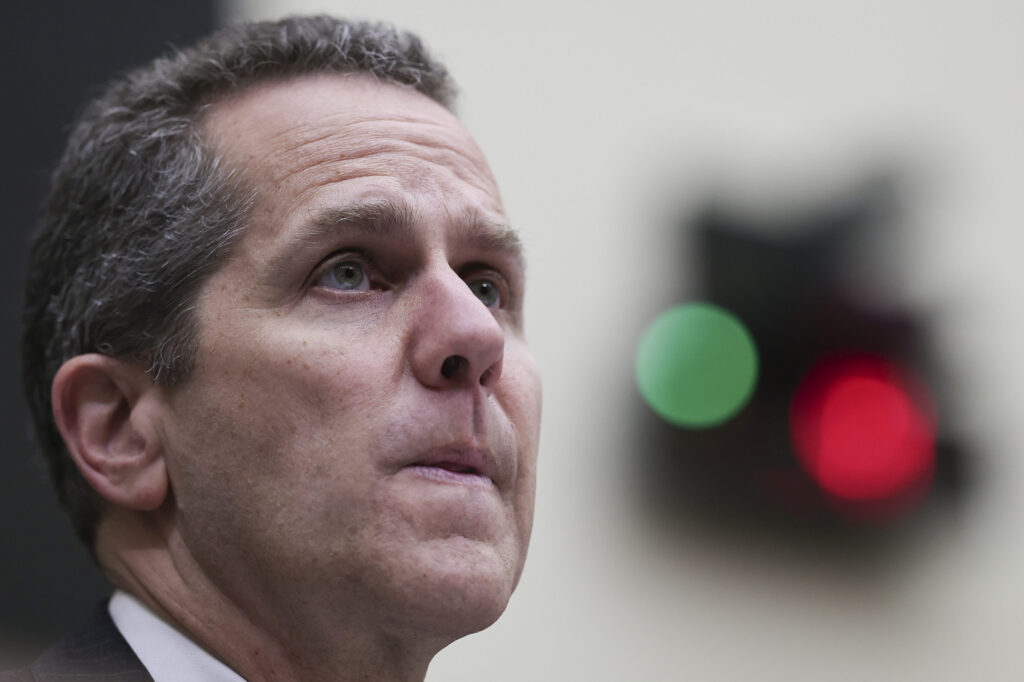When recently-failed Signature Bank began to prioritize cryptocurrency, insiders at the institution sold over $100 million in shares, according to an analysis by The Wall Street Journal.
In the past three years, sales by Signature’s chairman Scott Shay, former CEO Joseph DePaolo and his successor Eric Howell made up for around half of the total sold, according to the WSJ’s analysis of company filings. Each one of them was part of the risk committee that was responsible for managing the institution’s profile in the preceding year and they all supported targeting cryptocurrency companies.
Many people were unaware of these sales due to where they were filed and how they were detailed, according to the WSJ. The scope of the executives’ sales was difficult to ascertain partly because, unlike almost all other S&P 500 companies, it filed documents with the Federal Deposit Insurance Corporation (FDIC) instead of the Securities and Exchange Commission (SEC).
Signature collapsed on March 12 after a bank run following Signature Valley Bank’s (SVB) failure on March 10. Signature was the third-largest bank failure in American history, according to the WSJ. (RELATED: JPMorgan Boss Warns That Banking Crisis Will Have Consequences ‘For Years To Come’)
The only other company in the S&P 500 that did not file with the SEC was First Republic Bank, which also needed to be rescued, according to the WSJ. Filings with the FDIC often evade discovery by investors and tracking services, professors who studied the disclosures.
Money from the cryptocurrency sector contributed to a 68% increase in deposits for Signature in 2021 and rocketed the bank’s shares 140%, according to the WSJ. Executives who sold stock yielded $70 million in 2021 and sold twice as many shares as they did the previous year.
Many of the sales occurred in the spring of 2021 when the stock was priced at about $220, according to the WSJ. It continued rising afterward and reached a record high of $366 in early 2022.
WASHINGTON, DC – MARCH 29: Federal Reserve Board Vice Chair for Supervision Michael Barr testifies during a hearing held by the House Financial Services Committee March 29, 2023 in Washington, DC. The committee heard testimony on responses to the failures of Silicon Valley Bank and Signature Bank. (Photo by Win McNamee/Getty Images)
The FDIC has begun an investigation into Signature’s executives regarding their management and conduct that could lead to “civil money penalties and prohibitions from the banking industry where the individual’s misconduct evidences personal dishonesty, recklessness, or a willful or continuing disregard for the safety and soundness of the institution,” said Martin Gruenberg, chairman of the FDIC board of directors at a Senate Banking Committee hearing on March 28.
Signature Bank, Shay, DePaolo and Howell did not immediately respond to the Daily Caller News Foundation’s request for comment.
All content created by the Daily Caller News Foundation, an independent and nonpartisan newswire service, is available without charge to any legitimate news publisher that can provide a large audience. All republished articles must include our logo, our reporter’s byline and their DCNF affiliation. For any questions about our guidelines or partnering with us, please contact licensing@dailycallernewsfoundation.org.


